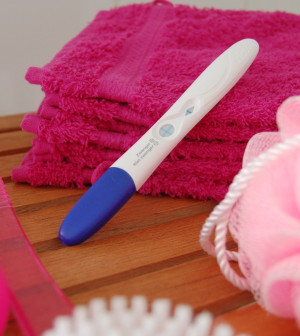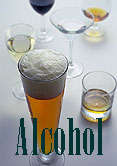- The Best Time of Day to Drink Bone Broth to Maximize Health Benefits
- 8 Ways to Increase Dopamine Naturally
- 7 Best Breads for Maintaining Stable Blood Sugar
- Gelatin vs. Collagen: Which is Best for Skin, Nails, and Joints?
- The Long-Term Effects of Daily Turmeric Supplements on Liver Health
- Could Your Grocery Store Meat Be Causing Recurring UTIs?
- Are You Making This Expensive Thermostat Error This Winter?
- Recognizing the Signs of Hypothyroidism
- 10 Strategies to Overcome Insomnia
- Could Artificial Sweeteners Be Aging the Brain Faster?
Almost 1 in 20 Young Teens Binge Drinks, Canadian Study Finds


It’s not just high school or college kids who ‘binge’ drink: a Canadian survey finds that 4 percent of 12- to 14-year-olds in that country got drunk at least once in the past year.
Binge drinking — essentially, chugging alcohol and typically getting drunk in the process — can lead to drunk driving and other problems. In the study, binge drinking was defined as downing at least five drinks in a single sitting.
Youngsters who were already facing three or more health conditions had twice the odds of binge drinking, the researchers said.
“We are particularly concerned that the young adolescents most likely to binge drink are those who have substantial physical health challenges,” study author Esme Fuller-Thomson, chair of the University of Toronto’s faculty of social work, said in a university news release. “Clearly, pediatricians and other health professionals need to be particularly attentive to screening for binge drinking in these vulnerable youth.”
“We also found that youth with mood disorders had three times the odds of binge drinking,” added study co-author Matthew Sheridan, a manager at a children’s mental health centre. “This should signal that mental health is an important factor to consider in targeting outreach for binge drinking prevention and cessation programs.”
The researchers based their conclusions on a survey of almost 6,200 Canadian children in 2005.
The findings were published recently in the journal ISRN Public Health.
More information
For more about drinking and young people, try the U.S. National Institute on Alcohol Abuse and Alcoholism.
Source: HealthDay
Copyright © 2026 HealthDay. All rights reserved.










